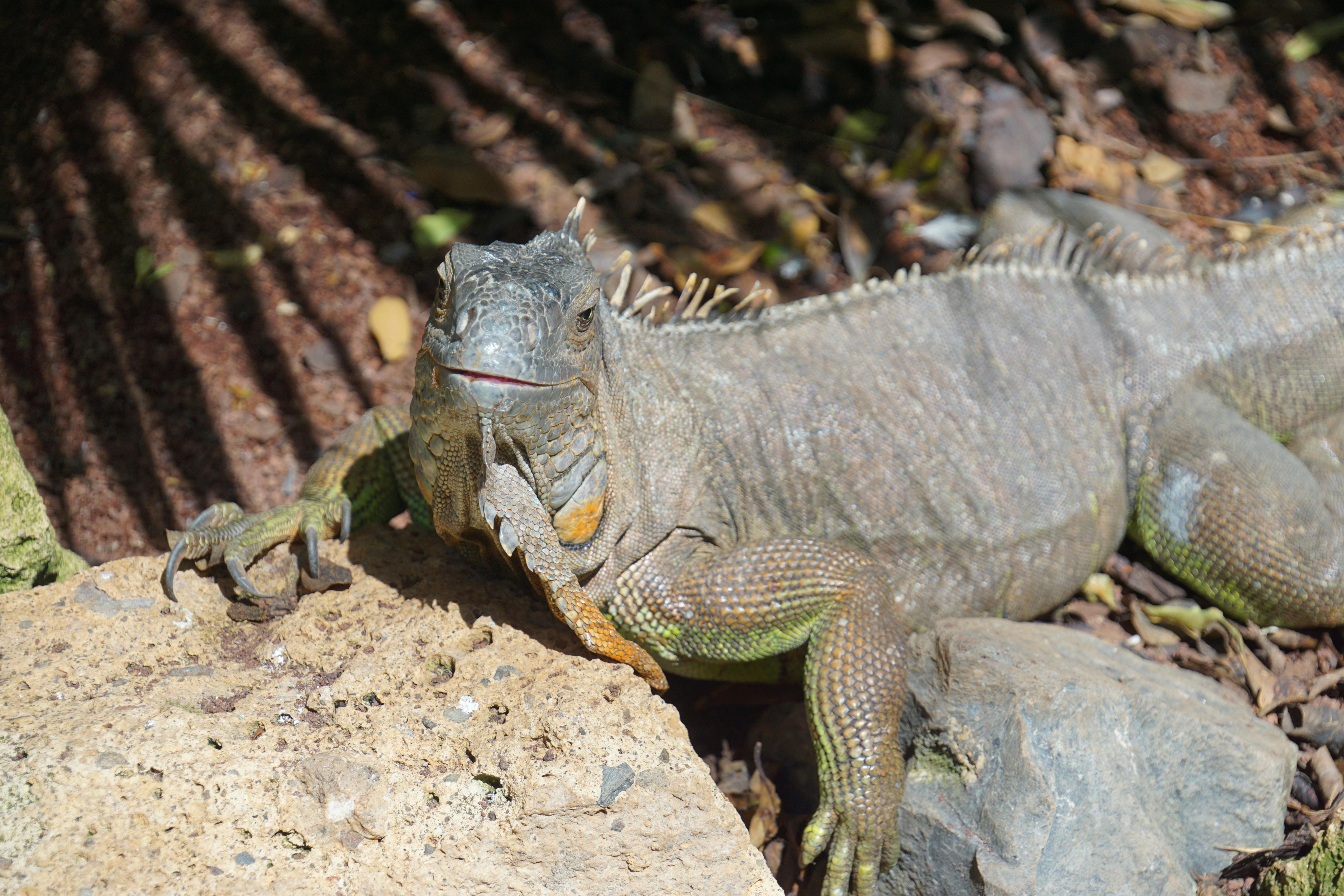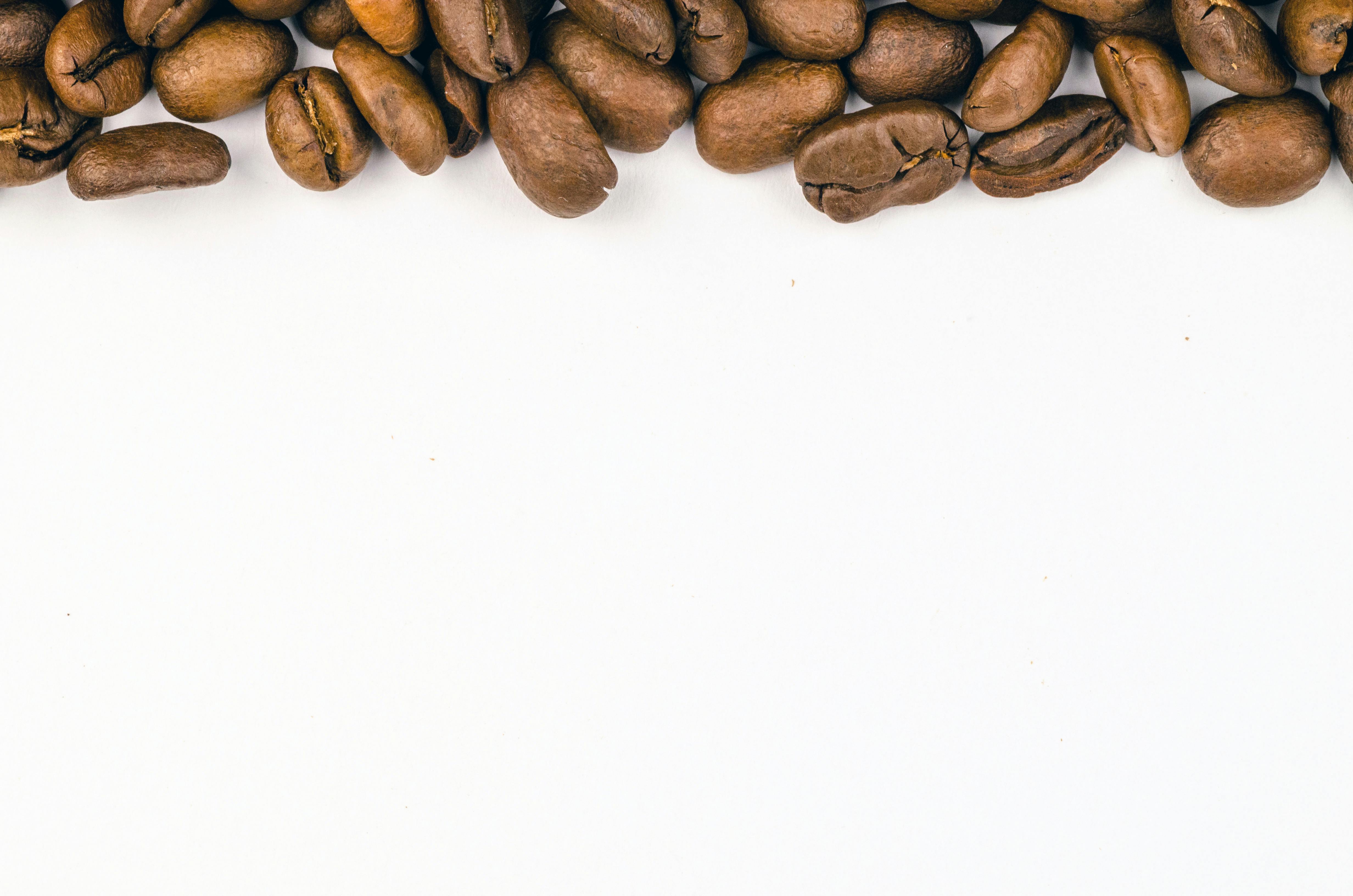
How to Effectively Manage Puppy Biting: Essential Tips for 2025
Puppy biting can be one of the most challenging aspects of raising a young canine companion. It's a natural behavior that puppies exhibit as they explore their world, but it’s essential for new pet owners to manage this behavior effectively. Failing to address biting can lead to problematic habits as the puppy grows older, making training and socialization all the more crucial. This article will provide essential tips for managing puppy biting, focusing on behavioral prevention, training methods, and building a strong bond with your furry friend. We’ll also cover the importance of chew toys, socialization, and setting boundaries, so you can enjoy a harmonious relationship with your puppy.
Key takeaways include practical solutions for redirecting biting behavior, using positive reinforcement training techniques, and understanding your puppy's developmental needs. With the right strategies, you’ll not only stop puppy biting but also foster good habits and a loving environment for your pet.
Understanding Puppy Biting: Causes and Solutions
To effectively stop puppy biting, it’s essential to understand why puppies bite in the first place. Puppies naturally explore their surroundings with their mouths and often use biting as a form of play and communication. Many puppies engage in nipping as they interact with humans and other animals, which can be mistaken for aggression. Understanding these behaviors is crucial for correcting them effectively.
Identifying Biting Triggers
Puppies may bite in response to specific triggers such as excitement, anxiety, or the need for attention. Recognizing these triggers can help owners manage behaviors before they escalate into problematic biting. For instance, if a puppy is overexcited, they may nip during playtime. Observing your puppy’s body language can provide insight into their emotional state and identify the root cause of biting. Common triggers include:
- Playtime and excessive excitement
- Overstimulation from surrounding activities
- Attention-seeking behavior
- Discomfort or fear in new environments
The Importance of Socialization
Socialization plays a vital role in correcting biting behavior. Introducing puppies to new people, pets, and environments can help them develop proper interaction skills. Positive experiences during socialization can minimize anxiety and the likelihood of biting. Additionally, well-socialized puppies tend to develop better impulse control, which can further help in discouraging biting. Ensure your puppy meets other vaccinated dogs to practice appropriate play behavior. Puppy classes are also excellent for enhancing social skills and obedience.
Chew Toys as a Positive Outlet
Providing a variety of appropriate chew toys is an effective way to manage biting. Puppies have a natural urge to chew, and redirecting this behavior can prevent them from biting humans. Chew toys can also assist in teething, providing comfort and satisfaction as they explore their world. Selecting durable, safe chew toys that cater to your puppy’s preferences can encourage positive interactions and reduce the urge to bite hands or clothes. Consider choosing toys that promote interactive play, engaging your puppy’s mind and helping to tire them out.
Effective Training Methods for Puppy Biting
Training is essential in managing puppy biting behavior. By implementing consistent and effective methods, you can teach your puppy impulse control, boundaries, and acceptable behaviors.
Positive Reinforcement Techniques
Positive reinforcement training encourages good behavior through rewards. Whenever your puppy refrains from biting during play, reward them with praise or treats. This method reinforces the idea that not biting leads to positive outcomes, promoting good habits. The consistency of this training approach helps puppies learn that they can interact in a playful way without resorting to biting.
Setting Boundaries and Expectations
Establishing clear boundaries is crucial for effective puppy training. Create specific rules about what is acceptable during playtime and what is not. For instance, if your puppy bites too hard during play, immediately halt the play session to signal that biting is unacceptable. Consistency is key—everyone in the household should apply the same rules to ensure your puppy understands their boundaries.
Redirecting Puppy Biting Behavior
Redirecting biting behavior can be accomplished through various techniques. When a puppy begins to nip, redirect their attention to an appropriate toy or activity. This can help teach your puppy alternatives to biting while satisfying their urge to chew. For example, if a puppy is excited and begins to nip, try engaging them with a toy or guide them towards a more calming activity. Over time, they will begin to associate certain behaviors with positive rewards rather than biting.
Socialization and Obedience Training Tips
Along with understanding puppy behavior, socialization and obedience training play a critical role in reducing biting behaviors.
Puppy Playdates: A Crucial Aspect of Socialization
Setting up playdates with other puppies can provide essential opportunities for your pet to learn bite inhibition in a controlled environment. During interactions, puppies learn to gauge the impact of their bites and engage in appropriate play behaviors. Observing and mimicking other puppies can also reinforce social skills. Ensure that playdates consist of well-matched puppies to promote healthy, positive experiences. Supervision is necessary to ensure all encounters remain safe and constructive.
Teaching Impulse Control
Working on impulse control will help your puppy learn to manage their excitement and reduce biting incidents. Training exercises focused on patience, such as waiting for food or toys, help develop self-regulation skills. These expectations should be gradually increased as your puppy develops their understanding of commands and boundaries. Incorporating obedience commands such as “sit” and “stay” can also foster impulse control.
Engaging Training Classes
Participating in puppy training classes is another effective way to enhance obedience and social skills. Look for classes that emphasize positive reinforcement and behavioral training. Professional trainers can provide valuable insights into managing puppy biting and overall behavior. Plus, training classes build structure and consistency, which are paramount for successful puppy training.
Managing Overexcitement and Energy Levels
Maintaining a well-balanced energy level is vital for curbing biting behavior.
Daily Exercise Routines
Regular exercise is crucial for managing energy levels in puppies. Engaging them in daily walks, playtime, and interactive activities helps release pent-up energy, making it less likely for them to resort to biting. Exercise also contributes to a healthier lifestyle and improved behavior overall. Consider implementing various activities throughout the day to keep your puppy mentally and physically stimulated, including fetch, tug-of-war, and agility games.
Calmness Exercises for Puppies
Integrating calmness exercises into your puppy’s routine can teach them to settle during exciting activities. Techniques such as “settle,” or “place,” can be helpful for encouraging calm behavior during play. These exercises help associate calmness with rewarding experiences, reinforcing peaceful interactions and reducing instances of biting.
Understanding Canine Communication
Educating yourself on canine communication can also play a role in mitigating biting behavior. Recognizing signals of discomfort or overstimulation early can allow you to intervene before biting occurs. Understanding your puppy’s body language will enable you to develop a deeper connection with them, nurturing effective training and bonding experiences.
Building a Strong Bond with Your Puppy
Developing a strong relationship with your puppy is crucial for easing biting behaviors and fostering a positive bond.
Positive Interaction Techniques
Building trust and understanding through positive interactions can significantly affect your puppy's behavior. Spend quality time engaging in activities that your puppy enjoys, promoting joy and comfort in their relationship with you. Through patience and understanding, you introduce constructive techniques that foster a sense of security, allowing your puppy to thrive.
Owner Responsibility in Training
As an owner, your responsibility encompasses understanding your puppy’s needs and consistently applying training techniques. Hold yourself accountable to remain patient and devoted while implementing training methods. This dedication enhances your bond and significantly affects your puppy’s behavioral patterns.
Creating a Safe Environment
A safe environment contributes to a secure atmosphere for your puppy. Ensure their space is free from hazards that may lead to stress or biting triggers. Offer designated areas for them to relax and explore, while also supervising interactions with children or other pets to prevent potential biting incidents.
Common Questions About Puppy Biting and Training
What should I do when my puppy bites me?
When your puppy bites you, let out a high-pitched yelp or say “ouch” to mimic dog communication. This signals to your puppy that their biting is too rough. Then redirect their attention to a toy to establish appropriate behavior.
How long does it take to stop puppy biting?
Stopping puppy biting can take time and consistency, often several weeks to months. Every puppy is different, but with dedication and effective training methods, you can significantly reduce biting behavior.
Are there specific chew toys recommended for puppies?
Yes, look for durable and safe chew toys that cater to your puppy’s size and chewing preferences. Kong toys filled with treats or puppy-specific chew toys are excellent options for promoting healthy chewing habits.
What if my puppy bites aggressively?
If you notice aggressive biting, consult a professional dog trainer or a canine behaviorist for guidance. They can assess your puppy's behavior and provide specialized training techniques to address these issues effectively.
Can playtime lead to biting?
Yes, playtime can sometimes lead to biting, especially if a puppy becomes overly excited. Monitor interactions closely and teach your puppy the boundaries during playtime to reduce this behavior.

In conclusion, managing puppy biting involves patience, understanding, and a range of training techniques. With the right strategies, including bite inhibition training and proper socialization, you can foster a well-behaved puppy that enjoys playful interactions without the risk of biting. By consistently applying these methods and maintaining clear boundaries, you’ll establish a loving relationship with your furry companion that continues to grow.
